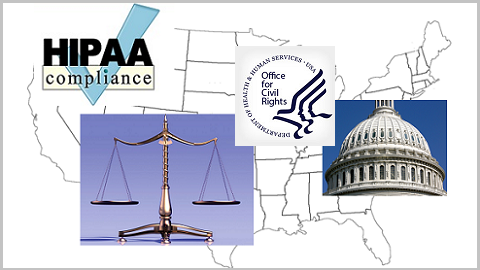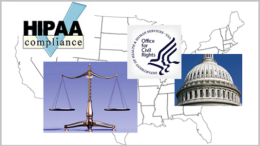Relief from HIPAA: When, If Ever, Is It Necessary
By Matt Fisher – The seemingly non-stop move from one natural disaster or health emergency to another places a significant strain on the healthcare system. Providers either cannot reach a facility, whether hospital or otherwise, or patients overwhelm a particular facility.
Read More







